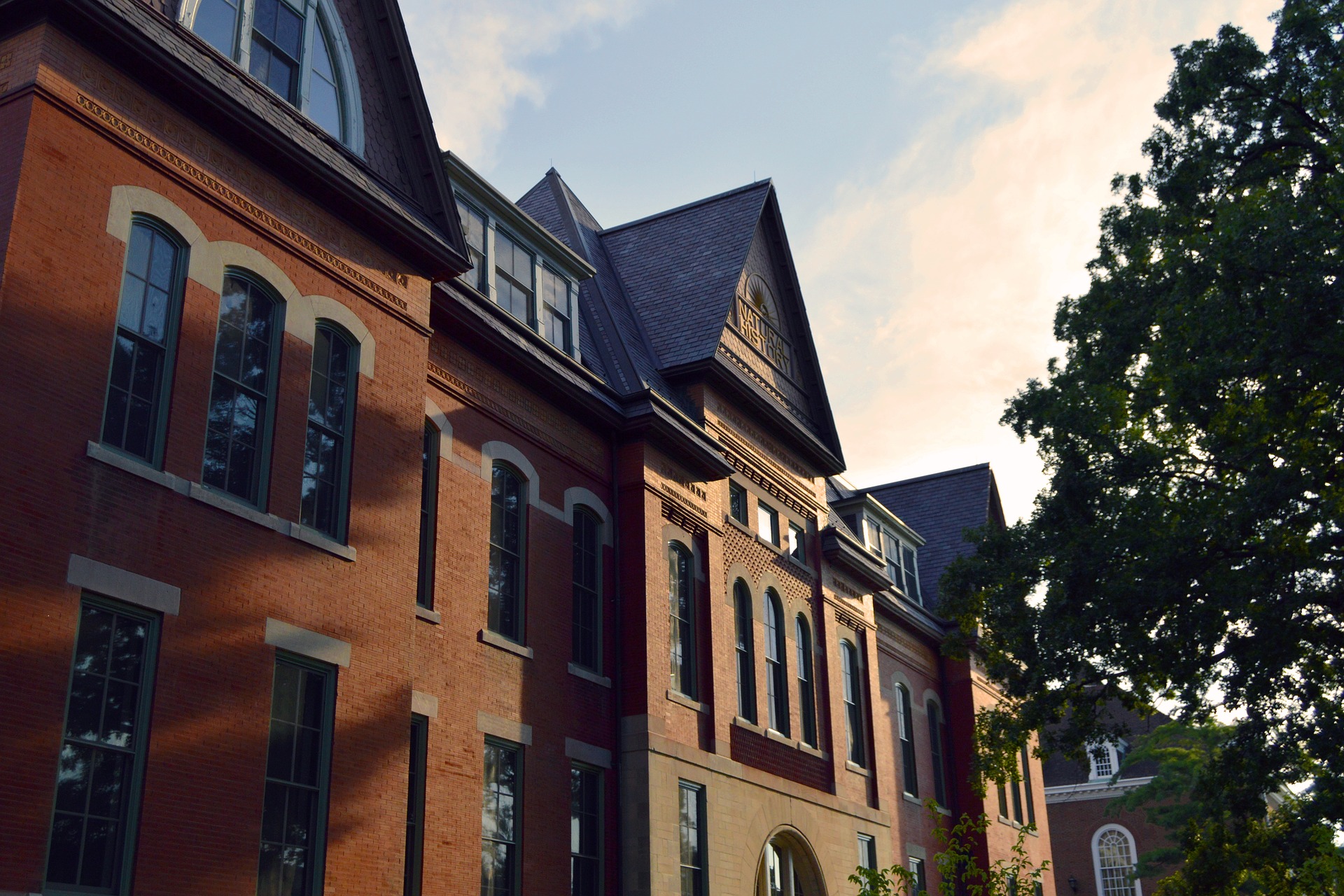
Why the President of the Jewish Studies Association Opposes the Anti-Semitism Awareness Act
SK: Why does this new definition of antisemitism concern you?
PN: What happens when you have a speaker on campus [or] a student exploring their feelings about Israel, and some of the speech crosses the line? Students are not always sensitive to language. I heard from one of my Israeli students that when the Act passed the Senate last year that the Israeli-Palestinian group she works with feared that they would be shut down.
This is not about establishing a new definition for anti-Semitism around the country – it’s specifically about campuses. Should Congress do this? Does Congress establish language that defines, for example, racism? I asked my colleague in African-American history whether Congress had ever held a hearing establishing a definition of racism—he didn’t know if they ever had.
What’s really disturbing those of us who are worried about free speech is less the definition of anti-Semitism in the Act than the potential interpretation of the examples listed as an addendum.
SK: One particularly intense moment in last week’s hearing came when Rabbi Abraham Cooper (of the Simon Wiesenthal Center) suggested that having you and Barry Trachtenberg as Jewish studies faculty at the hearing was like “inviting people from the Flat Earth Society to a hearing about NASA.” What do you make of that quote?
PN: I didn’t even realize that he was referring to us—it was such a strange comment. And Jonathan Greenblatt made a comment that Barry and I “live with the privilege of tenure in the ivory tower.” He was saying that Jewish communal organizers have their pulse on the statistics and faculty do not. I might take exception to that.
SK: Can you talk a little bit about the climate you see on campus right now with regard to anti-Semitism?
PN: I don’t feel that Jewish students are overwhelmingly targets of anti-Semitism on college campuses. Students hear things—and they do hear things from their peers who are sometimes stupid, insensitive, and prejudiced. Jonathan Greenblatt from the Anti-Defamation League gave the statistic that there were a total of 118 anti-Semitic incidents on college campuses so far in 2017. And scholars estimate there are about 350k students on college campuses. The numbers do not support the argument that the atmosphere is pervasive with anti-Semitism.
SK: Do you work with Jewish communal organizations on campus?
PN: Just a few weeks ago we had a Jewish-Muslim interfaith event co-sponsored by Hillel and our Jewish Studies Program and our chair of Islamic studies. The director of the AU Hillel program was actually one of my students, and we have really cordial relations and occasionally co-sponsor events.
SK: I read your interview with Hadassah Magazine from a little less than a year ago, and you talk about teaching your students about Hadassah leaders who rescued Jewish kids from the Nazis, using history to teach us how to change the world for the better. Who are some women from Jewish history you think of for inspiration these days?
Actually, I am thinking about this a lot. In March 2019, I am going to publish a new book on the history of Jewish women in America, with W. W. Norton. There are an extraordinary number of Jewish women who have influenced the Jewish people in America and around the world, who played major roles in shaping our national story. Alas, I can’t get all of them into my in 125,000 words!
Henrietta Szold, the founder of Hadassah, is featured in the same chapter as Hannah Solomon, who was the founding president of the National Council of Jewish Women in 1893, creating the first major Jewish women’s organization. I’m looking at the names of Jewish women you might have heard of, but I’m also writing about the more commonplace lives: the woman who immigrated to America in 1922, who went to school to be an accountant but refused to work on Saturdays, who married and had a family, and, after the kids were grown, still volunteered for Jewish organizations in her local Jewish community.
The views and opinions expressed in this article are the author’s own and do not necessarily reflect those of Lilith Magazine.
One comment on “Why the President of the Jewish Studies Association Opposes the Anti-Semitism Awareness Act”
Comments are closed.




So because a small percentage of Jewish students, by your counting, not by organizations like ADL, are assaulted on campuses, there is no need for a law defining antisemitism? Why isn’t even 1 assault of a Jewish student, an assault too many? Every group of students is protected under the Civil rights acts except Jewish students. This law would define antisemitism and provide Jewish students with protection that they at present do not have.
Also, there is nothing in the law that prevents honest discussion of issues surrounding the Israeli-Palestinian issue. However, what it does do, is point out when that discussion degenerates into antisemitism. I want to know what is wrong with that?
Would you also allow racist, homophobic, and misogynistic language in order to facilitate a discussion on any number of issues? Why is it that the only students who are not allowed to feel safe on campus are the Jews?